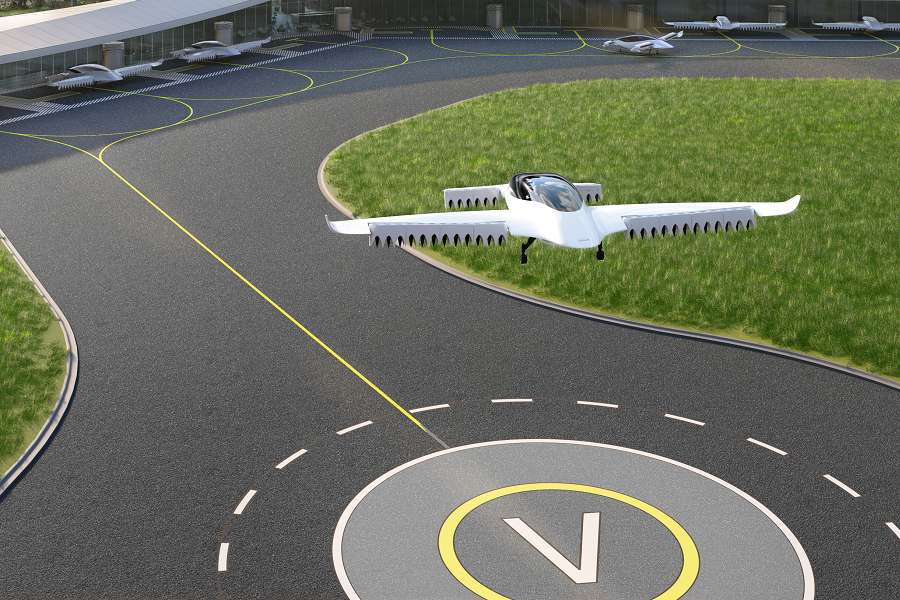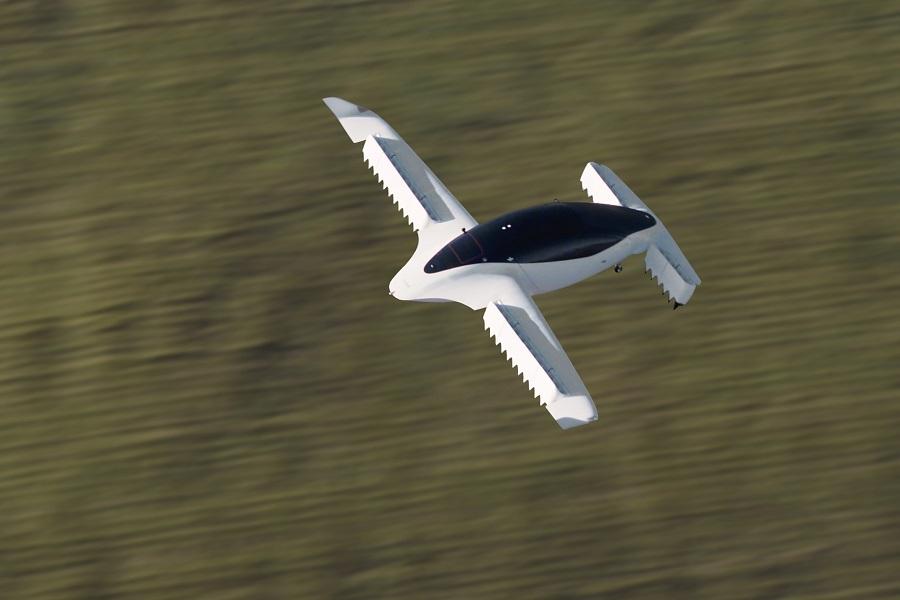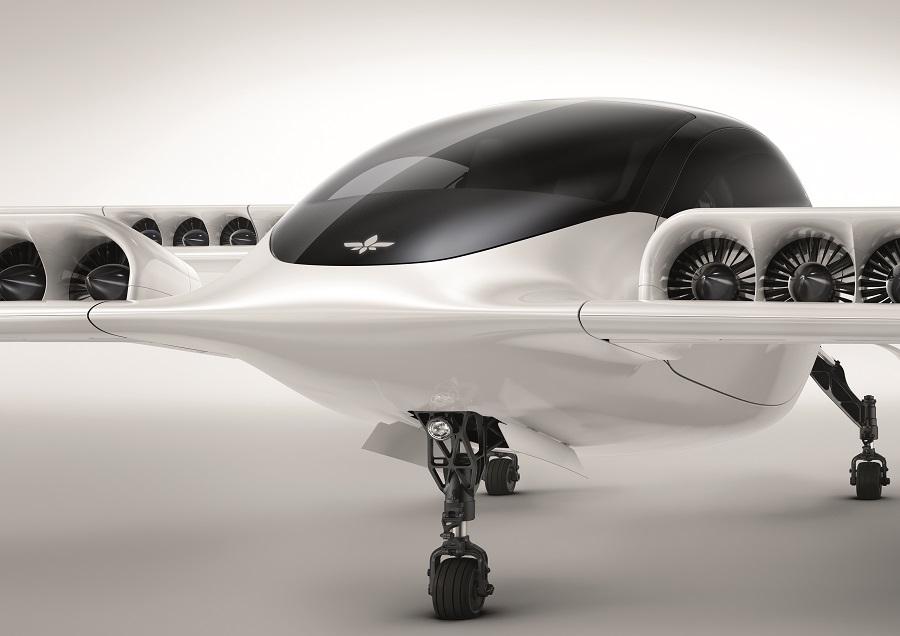As one of the most promising air taxi startups, Lilium is working on establishing networks. And the latest will be in Orlando, Florida. It will be the Munich-based company’s first US base.
Electic aviation is gathering pace. Battery technology is expanding rapidly, so a lot of work and funding is going into promising startups in the field. And Lilium has some of the best funding. Working with local governments and authorities, the company is working to develop its flying prototype even further.
Lilium calls this expansion its ‘eVTOL Network’ (for electric Vertical Take-Off and Landing). Not only is local government support a source of funding for Lilium, it can also be a way to assist with certification for their air taxi operations.

The company expect to become operational in 2025. The design of its concept means that the vehicle should stay affordable. And just as importantly, ground installations for it will be simple and small enough to be affordable, too.
A Close Look At Lilium’s Air Taxi
The vehicle is all-electric. It uses 36 electric motors in a tilting ducted fan configuration, and mounted on tilting aerodynamic surfaces. The Lilium air taxi can carry five people: a pilot and four passengers. The company aims to have a range of 300km (~185 miles), covering that distance in an hour.

The use of multiple motors, rather than a smaller number of bigger motors and props is clever. One likely problem with scaling up a quadcopter or octacopter system is the increasing inertia of the propellers. This causes problems with control response, and requires complicated and expensive constant-speed props. The layout in Lilium’s air taxi not only gets around this problem, it also provides valuable redundancy.
The company is taking its time developing and bringing its idea to market. Lilium have been developing their air taxi for five years already. With a 2025 launch date, they are looking to have a fully-developed aircraft and network at launch.
It remains for us to see how legislation for this kind of aviation will evolve. There is a debate on whether such vehicles will need to adhere to existing minimum fuel/power reserve rules. For regular aircraft, these rules are 30 minutes for VFR and 45 minutes for IFR flights. There are reasons for and against but in general, current batteries struggle to satisfy this rule.

Hopefully it’s a matter of time before technology catches up and makes this a non-issue. Lilium seems to develop its air taxi with enough time and resources to accomplish this goal. For pilots, such initiatives are worth watching, because future professions in aviation may become more varied and versatile.
Photos are from the company’s album, here.



